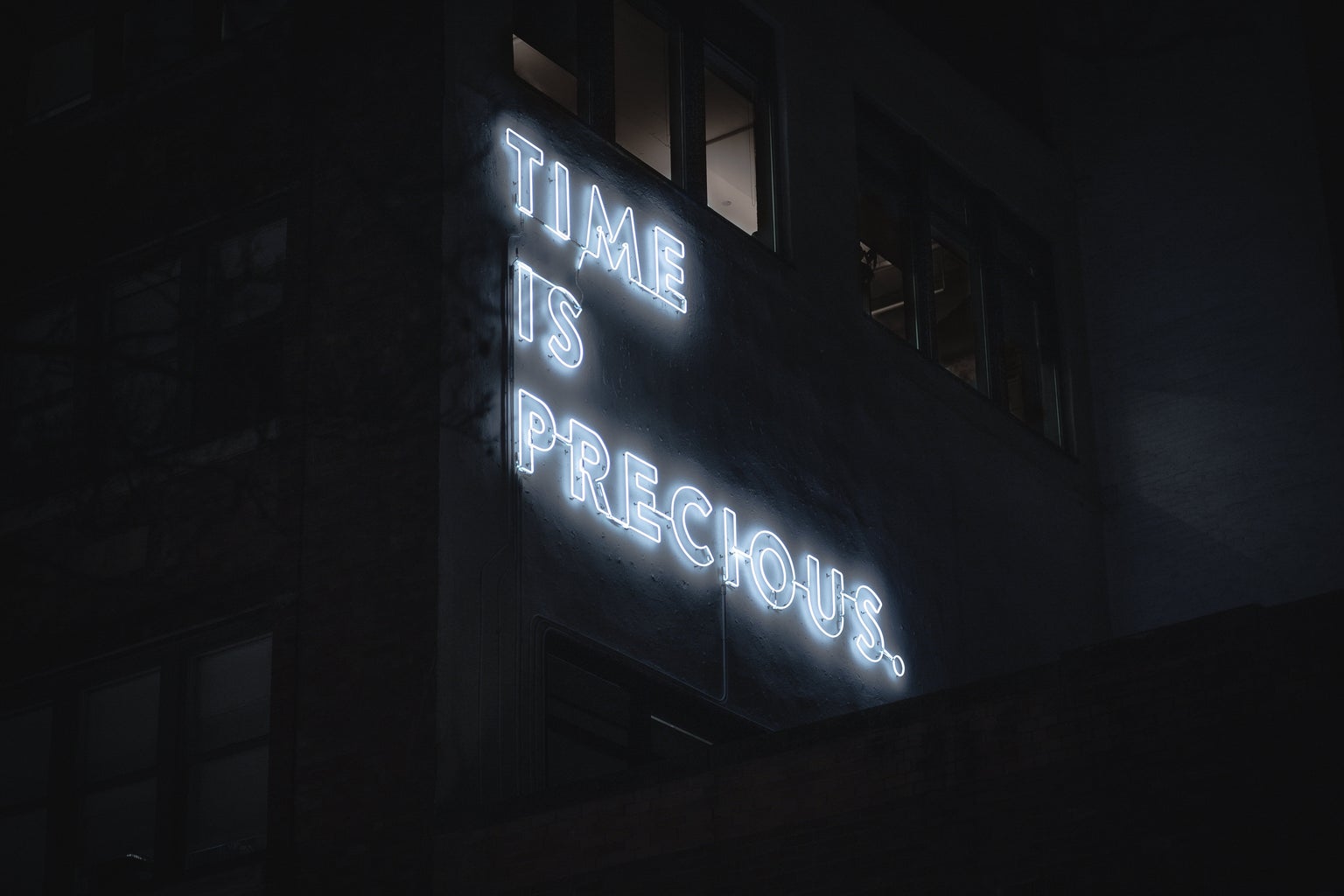We’ve all run into those lulls where we’ve finished catching up with our friends about what exciting internship we’ve snagged, how you debated the TA for a better grade on a paper, or the deer-sized roadkill that held you up for 45 minutes in the morning. To fill these silences, we as women often turn to this as a topic of conversation — your love life.
Recently, I’ve been interested in being more conscious about what I talk about, think, and believe. What patterns do I naturally partake in? Am I happy with those routines? In these analyses, I’ve tried to apply the Bechdel Test to my life.
Now, most women have heard about the Bechdel Test created by Alison Bechdel. Initially, it was how Alison chose if she wanted to watch a film or not, but it’s grown to be larger than that. According to the Merriam-Webster dictionary, the Bechdel Test is a set of criteria used to evaluate the inclusivity and representation of female characters in film. These criteria are (1) there must be at least two female characters, (2) these characters speak to each other, and (3) the topic of conversation is not centered around men.
In the world of film, it seems relatively simple to meet these criteria, so films that fail this test are often criticized. However, when I examine my own life, I realize that, for some of the characters in my storyline, it fails.
For example, I have what I think of as a cast of characters that I see in my daily life. These people often change depending on my routines that quarter, just like seasonal characters in a TV show. I’ve never spoken to most of them for more than a sentence or two, but they all have names or nicknames associated with them. A TikTok called these background side characters “campus celebrities.” My friends and I often share our encounters with our campus celebrities as a fun pastime, but these conversations often fail the Bechdel Test (side note: the campus celebrities aren’t all men).
For those moments, we are decentering ourselves from the storyline and focusing on that given campus celebrity. I don’t necessarily think that it’s a bad thing. Who’s to say that we must be focused on ourselves for every moment of our lives?
However, I have noticed that it’s more common for feminine presenting people to have campus celebrities. Has society trained women to decenter themselves in their own lives? Maybe I’m just pulling from a small data pool, but even if everyone did it, would it be a negative thing for women to participate in?
Obviously, life is more complicated than a film, with more time to talk about things that aren’t relevant to the “main plot.” However, I wonder if it is concerning that I fail this seemingly simple test. Is this a product of a patriarchal society and how we, as women, are taught to become side characters by the media we consume and the subliminal messaging we receive?
Maybe this is a product of being young and in college; I doubt that women in senior citizen homes are failing the Bechdel Test. Maybe we’re at a stage in life where careers are uncertain, time is limited for our hobbies, and there are few constants in our lives. I’ll admit talking about the future can be scary, so maybe it’s just the fact that so many things are uncertain in our lives that we cling on to what we see day to day.
Alternatively, one could say that the Bechdel Test should only be applied to films and not reality. Every scene in a movie, every minute recorded, and every line spoken should have some purpose in pushing along the story. However, life isn’t a path with a linear progression, especially if you believe that you make your own choices.
Both historically and today, film has been predominantly written, directed, and produced by men. That’s why so many movies still fail the Bechdel Test to this day. Men continue to center themselves in the lives of the female characters they write. Are these conversations unrealistic? No, women do have these conversations but lacking to show nuance in conversations between female characters may be problematic in how we see ourselves in our “main plots.” Maybe we’re not the issue here. Maybe society is training us to be side characters in a never-ending TV show centered around men.
I don’t know what the right answer is: applying the Bechdel Test or not? I do know that I want to make a more conscious effort to talk about things other than men. As women, it’s an easy topic to join in on and get to know someone surface level, but I think we’re more complex than the side characters we’ve sidelined ourselves to be.




